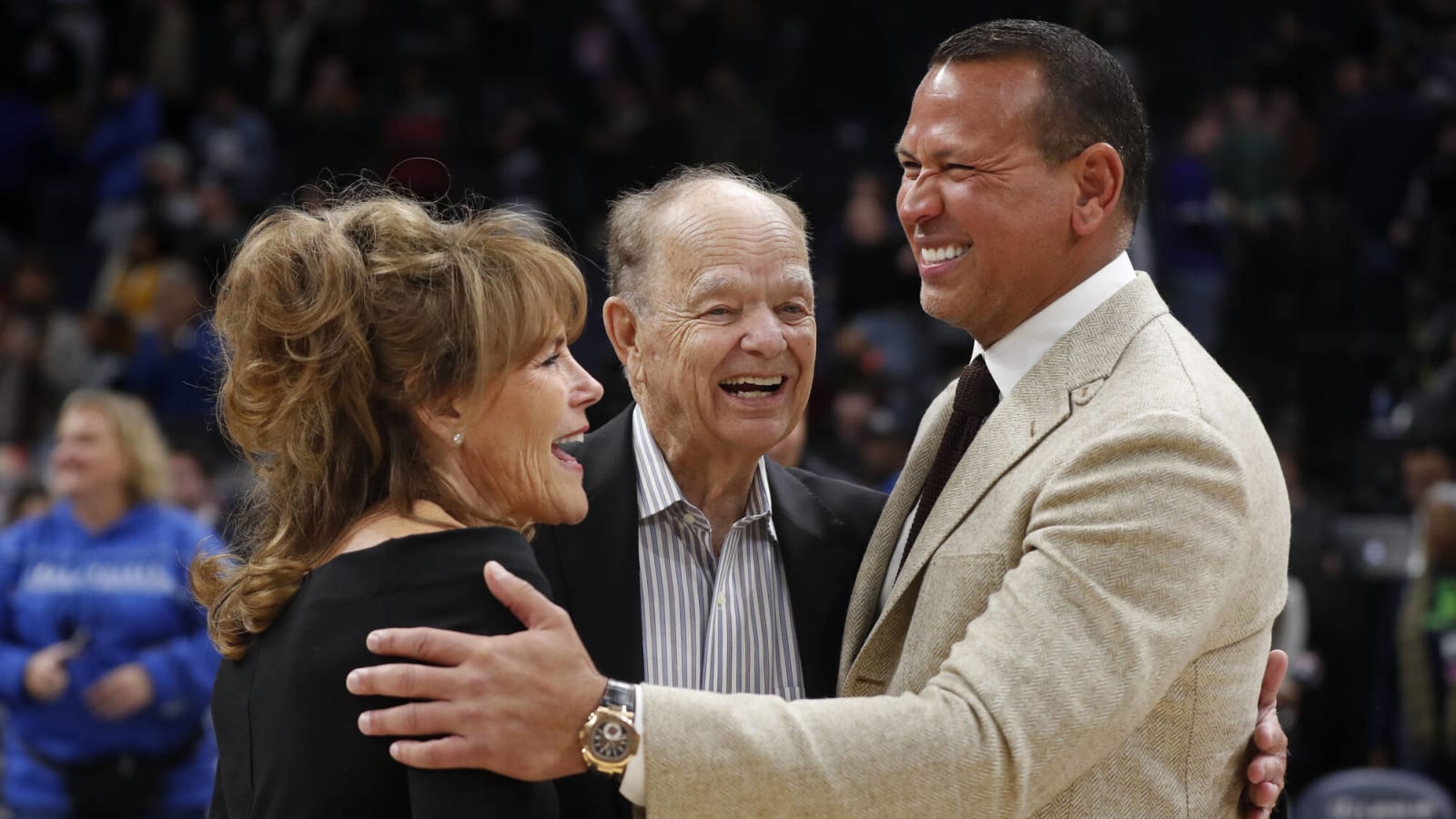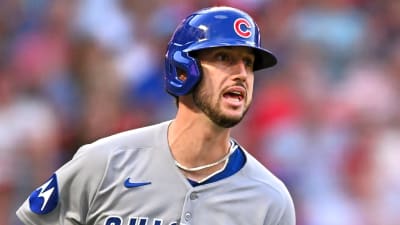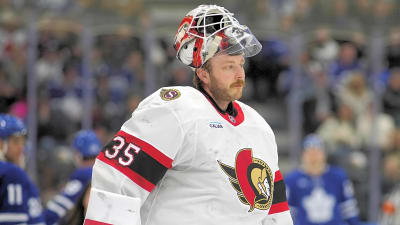
Timberwolves, Lynx ownership change could be delayed
On the eve of their season opener, the Minnesota Timberwolves long-awaited change in primary ownership could be put on hold.
According to Sportico's Eric Jackson, longtime team governor (the NBA's proper term for franchise owner) Glen Taylor said that the handover of control to Marc Lore and Alex Rodriguez could be delayed as the duo may need more time to make their latest payment for ownership. On "The Scoop," a Minnesota sports podcast, Taylor said that Lore and Rodriguez may consider exercising an option to extend the deadline for the payment:
“I think they’ll push back [the deadline],” Taylor said. “I ask them if they’re set and if they got everything and they say they do, so I take them for their word. It doesn’t make much difference to me if it’s December, March or July. I’m going to keep doing what I’m doing. We’re pretty well set for this year.”
Jackson wrote that it's not uncommon for the new owners of a sports franchise to purchase the team in installments of sorts, but this arrangement differs in that the handover takes place over a number of seasons. Lore, who made his money in e-commerce and retail, and Rodriguez, the former baseball star and entrepreneur, bought a 20% stake in the Timberwolves in 2021 with plans to buy larger shares over two seasons.
The Timberwolves were one of four expansion franchises to debut in the 1989-90 season along with the Charlotte Hornets, Orlando Magic and Miami Heat. However, the initial seasons of struggle led to the team nearly relocating to New Orleans until Taylor bought the Timberwolves in 1994 for $94 million. Five years later, with the Wolves on more stable footing, Taylor bought the Lynx, one of two WNBA expansion teams that debuted in 1999 along with the Orlando Miracle. (The Miracle played in Florida until relocating to Connecticut in 2003 to become the Sun.)
Although the Lynx became a model franchise in the WNBA, winning four league titles in the 2010s, the Timberwolves rarely had their moment in the sun, even throughout the majority of the Kevin Garnett era. With just one division title and a single Western Conference Finals appearance in 2004, the Wolves would go over a decade without a playoff berth from 2005 until 2017. That 2003-04 season also represents the lone season where the team won a playoff series.
That level of underachievement seemed to inspire more rumors of relocation, even after Lore and Rodriguez agreed to eventually take over the Timberwolves. With talk about the NBA making a return to Seattle after the Supersonics moved to Oklahoma City, along with Rodriguez's history with the city as a one-time Mariner, many tried to connect the dots despite the new governors' commitment to keep the Timberwolves in Minnesota.
More must-reads:
- Timberwolves continue to go all-in with massive extension for breakout forward
- Likeliest stars to be traded during the 2023-24 NBA season
- The 'Triple-doubles from the 2022-23 NBA season' quiz
Breaking News
Trending News
Customize Your Newsletter
 +
+
Get the latest news and rumors, customized to your favorite sports and teams. Emailed daily. Always free!








